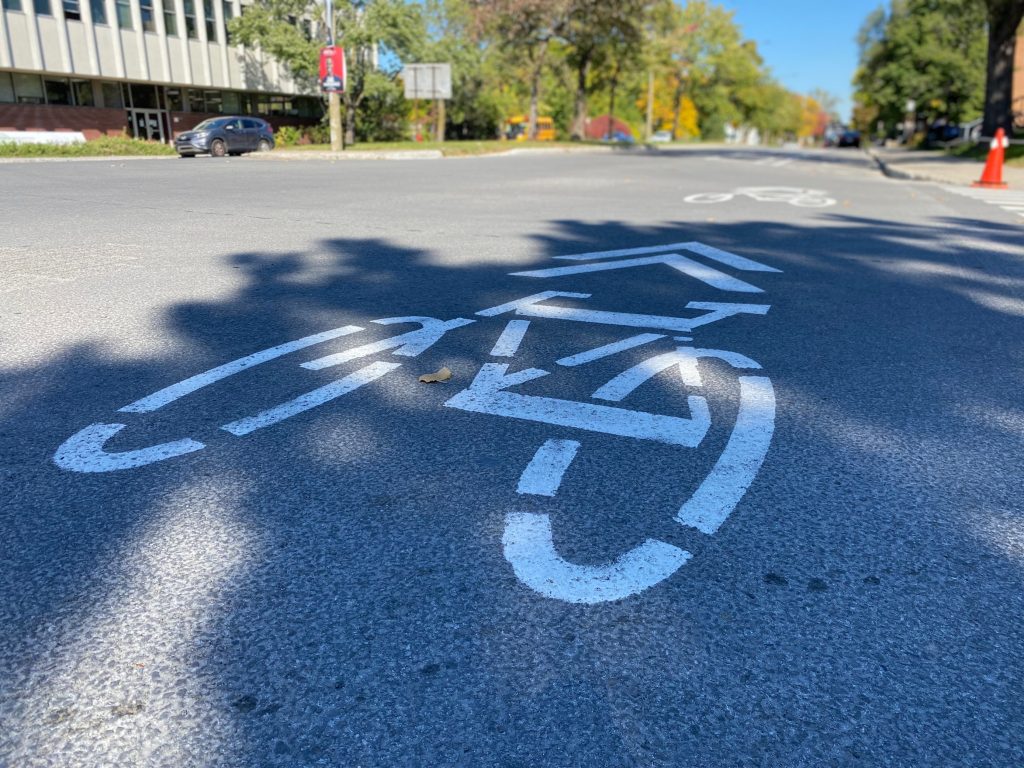Advocates hoping Quebec’s proposed housing legislation Bill 31 won’t become law in 2024
Posted December 30, 2023 10:17 am.
Last Updated January 3, 2024 7:15 pm.
Quebec’s proposed housing legislation Bill 31 has kept advocates on edge because of a controversial provision surrounding lease transfers.
If the bill is adopted into law in 2024, it would give owners the right to refuse a lease transfer without having to give a valid reason and then cancel the lease. After protests denouncing this change, housing advocates say this part of the bill needs to be struck down to protect tenants.
“We are really worried of the consequences of this by-law,” said Catherine Lussier of the Front d’action populaire en réaménagement urbain (FRAPRU), a housing advocacy group.
“It’s actually removing you know one of the last ways the tenants have to kind of to control the rent, because there is no other measure that is really put by the government for it and it was also way for some tenants to find an apartment had a good price and sometimes for even tenants that were victims of discrimination,” she said.
Currently, landlords can’t refuse lease transfers unless they have a valid reason like proving the new tenant can’t afford the rent.
“Because the lease is directly transferred, there’s no risk of the landlord actually increasing the rents between the two tenants, which we know that is actually happening a lot,” Lussier said.
“There’s a lot of people that are worried that they won’t be able to find any affordable housing without the possibility of lease transfer,” said Cédric Dussault, Regrouping of housing committees and tenant associations of Quebec (RCLALQ).
Under the proposed legislation, the government says if a homeowner refuses a lease transfer without a valid reason, they would cancel the lease, allowing the tenant to leave without paying penalties.
“Political decisions have been going the opposite way of what should be done,” said Dussault. “We really have a problem of skyrocketing rents, and nothing has been made to address that in fact, it will only accelerate.”
Other provisions of the bill include landlords paying evicted tenants the equivalent of one month’s rent for every year they’ve lived in the dwelling — for a maximum of two years.
“Bill 31 could have been actually a real way to include more measure to truly protect and truly make measure against rent increases,” Lussier said.
Opposition parties have also been critical of Bill 31. Advocates say they’ll keep denouncing it, as the bill is studied in 2024.
“This bylaw needs to not pass and needs to actually go down because there is not there is no real benefit for tenants,” said Lussier.




